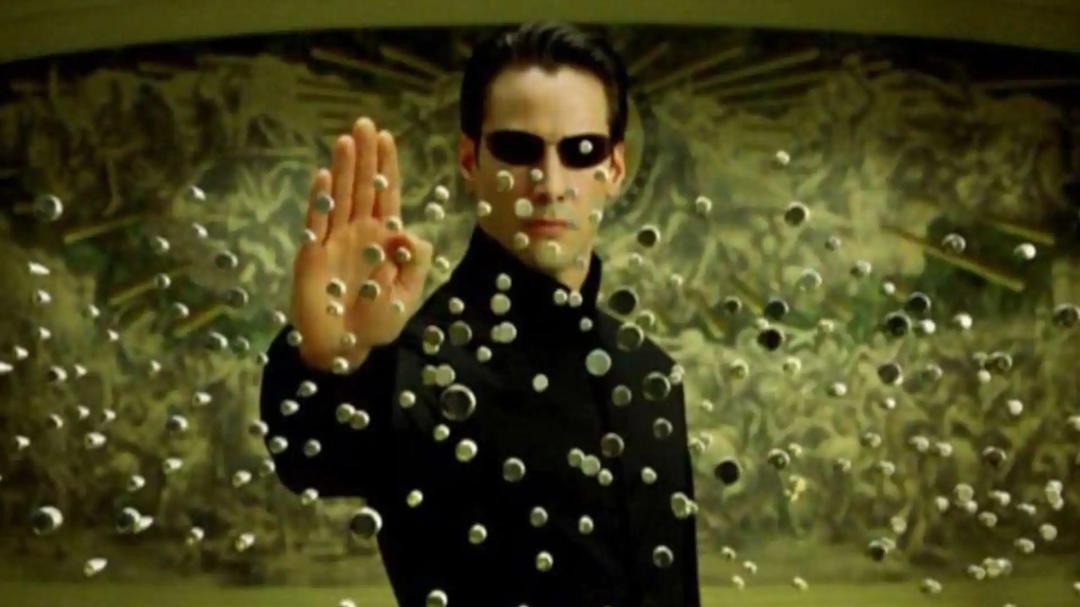
Physicists prove universe isn’t a computer simulation like in ‘The Matrix’
The idea that our universe is a computer simulation, popularized by the iconic movie “The Matrix,” has been a topic of debate among physicists and philosophers for years. While it’s an intriguing concept, a team of physicists from the University of British Columbia Okanagan (UBCO) has mathematically proven that our universe is not a computer simulation. Instead, they’ve shown that the fundamental laws of physics are built on a type of understanding that exists beyond the reach of any algorithm.
According to a press release, the researchers have made a groundbreaking discovery that challenges the notion that our reality is a simulation created by a more advanced civilization. The study’s co-author stated, “Fundamental laws of physics cannot be contained within space and time, because they generate them.” This statement highlights the complexity and depth of the physical laws that govern our universe, suggesting that they cannot be reduced to a simple computational model.
The concept of a simulated universe, also known as the “Simulation Hypothesis,” proposes that our reality is a computer-generated simulation created by a more advanced civilization. This idea has been popularized by philosophers and scientists, including Elon Musk, who has stated that the probability of our reality being a simulation is “one in billions.” However, the UBCO researchers have now provided mathematical evidence that disproves this hypothesis.
The study’s findings are based on a deep understanding of the fundamental laws of physics, particularly quantum mechanics and general relativity. The researchers have shown that these laws are not algorithmic, meaning they cannot be reduced to a set of computational rules. Instead, they are based on a type of understanding that exists beyond the reach of any algorithm, a concept that challenges our current understanding of the nature of reality.
The implications of this discovery are profound. If our universe is not a computer simulation, then what is the nature of reality? The researchers’ findings suggest that the fundamental laws of physics are not just a set of rules that govern the behavior of particles and objects, but rather a deep and complex understanding that underlies the fabric of space and time itself.
This discovery also has significant implications for the field of artificial intelligence. If the fundamental laws of physics are not algorithmic, then it’s unlikely that we can create a truly realistic simulation of reality using current computational models. This challenges the idea that we can create a simulated reality that is indistinguishable from the real thing, a concept that has been explored in science fiction and has significant implications for the development of artificial intelligence.
The study’s co-author noted that the findings are not just a philosophical debate, but rather a mathematical proof that challenges our current understanding of the universe. The researchers used advanced mathematical techniques to demonstrate that the fundamental laws of physics cannot be reduced to a computational model. This proof is based on a deep understanding of the underlying mathematics that govern the behavior of particles and objects in the universe.
In conclusion, the UBCO researchers have provided mathematical evidence that disproves the Simulation Hypothesis, suggesting that our universe is not a computer simulation. Instead, the fundamental laws of physics are built on a type of understanding that exists beyond the reach of any algorithm. This discovery has significant implications for our understanding of the nature of reality and challenges our current understanding of the universe.
The study’s findings are a testament to the power of human ingenuity and the importance of fundamental research. By challenging our current understanding of the universe, the researchers have opened up new avenues of inquiry and have provided a deeper understanding of the complex and intricate laws that govern our reality.
As we continue to explore the mysteries of the universe, we are reminded of the profound complexity and beauty of the natural world. The UBCO researchers’ discovery is a significant step forward in our understanding of the universe, and it challenges us to think more deeply about the nature of reality and our place within it.
News Source: https://news.ok.ubc.ca/2025/10/30/ubco-study-debunks-the-idea-that-the-universe-is-a-computer-simulation/






